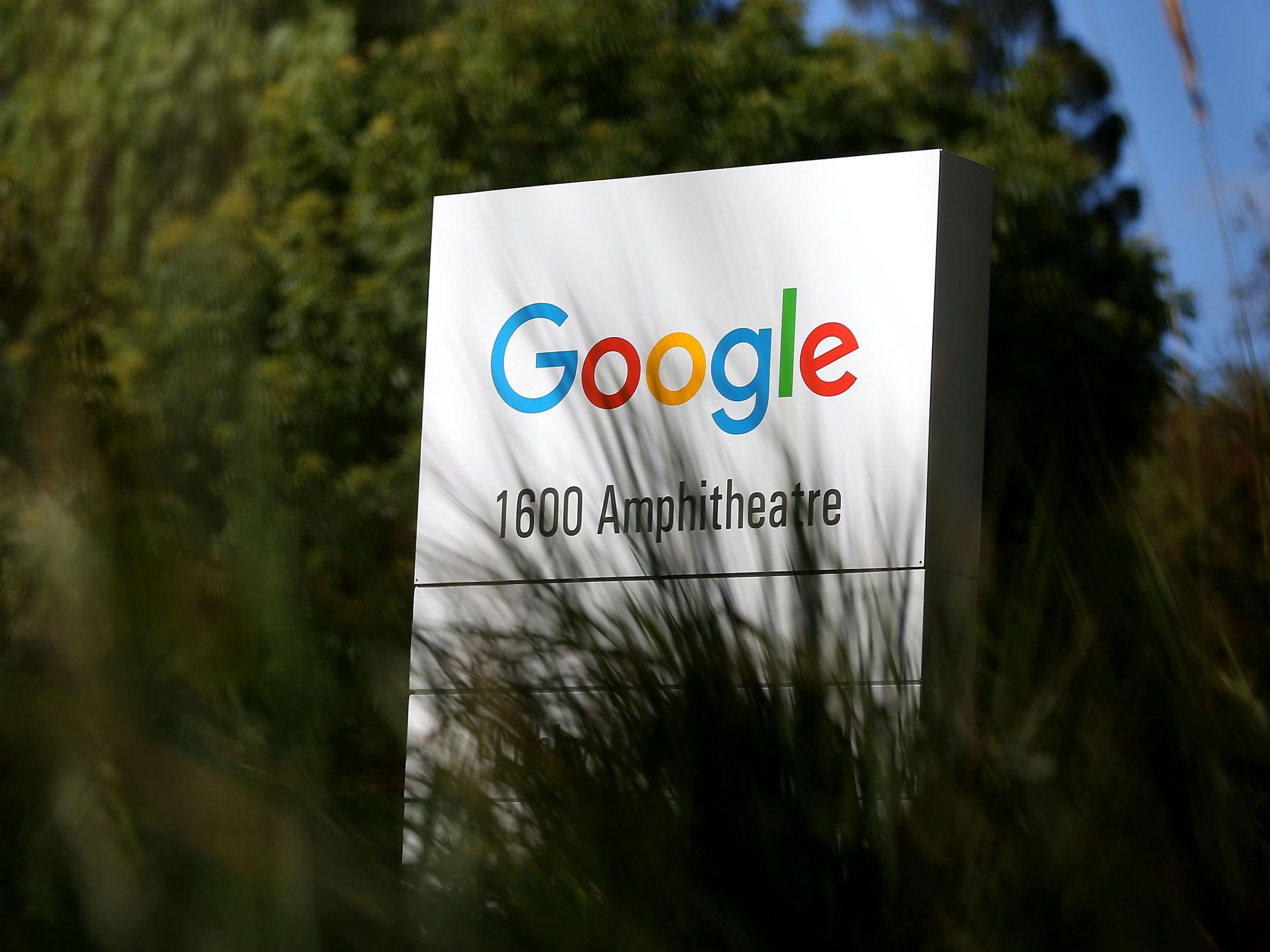Google goes to France's highest court over global 'right to be forgotten' ruling
Google believes France's data protection regulator has overstepped its mark, and is appealing its ruling

Google has gone to France's highest court to try to fight a ruling which would affect the accuracy of its search results worldwide.
The California-based company has lodged an appeal with the Conseil D'État over a 2015 ruling from the Commission on Informatics and Liberty (CNIL), France's data protection regulator, which said that French rulings on the so-called 'right to be forgotten' should be followed all over the world.
The 'right to be forgotten' was brought into law by the European Court of Justice (ECJ) in 2014, and refers to a person's right to go about their life without being "stigmatised as a consequence of a specific action performed in the past."
For example, the right could apply to someone who made the papers for being convicted of a crime, but later became reformed. They could ask Google to remove search results linking to stories about their crime, since they would likely cause them to be socially stigmatised or affect their employment prospects.
Under the ECJ ruling, Google is obliged to remove results when valid 'right to be forgotten' requests are made, and it often does - hundreds of thousands of links have been removed from results pages since 2014.
Google only removes links for users inside Europe, however. If a French person successfully makes a 'right to be forgotten' request, users in places like the UK, Italy or Spain will not be able to see the affected search results, even if they use a non-European version of Google.
Someone outside Europe, on the other hand, would be able to see the results as usual.
CNIL argues that this divide should not exist, and that the affected search results should be removed worldwide, regardless of where a user is. The regulator points out that even if a French person made a successful request, an American colleague or Australian friend would still be able to see the search results, possibly affecting the claimant's personal life.
It's this ruling, and the €100,000 CNIL-imposed fine, which Google is fighting.
In an open letter, published online and in French newspaper Le Monde, Google's global general counsel Kent Walker said: "For hundreds of years, it has been an accepted rule of law that one country should not have the right to impose its rules on the citizens of other countries."
He said that Google disagreed with CNIL's ruling "as a matter of both law and principle," and said: "If French law applies globally, how long will it be until other countries - perhaps less open and democratic - start demanding that their laws regulating information likewise have global reach?"
Walker said Google "look forward" to the Conseil D'État's review of the case, "which we hope will maintain the rights of citizens around the world to access legal information."
Google may be in for a long wait. According to AFP, the court is likely to take at least a year to review the company's appeal.
Join our commenting forum
Join thought-provoking conversations, follow other Independent readers and see their replies
Comments